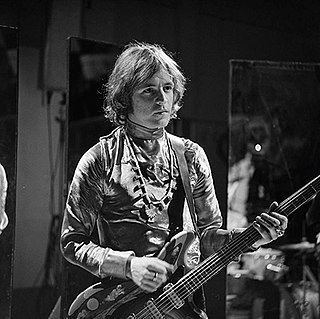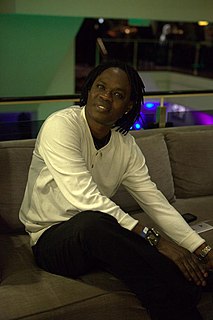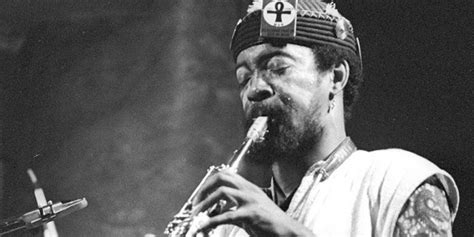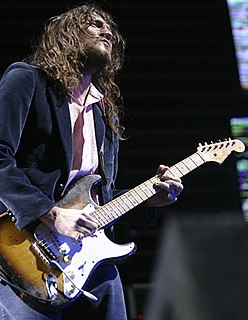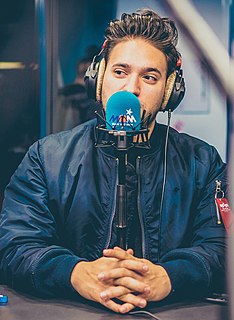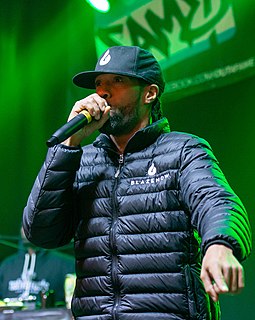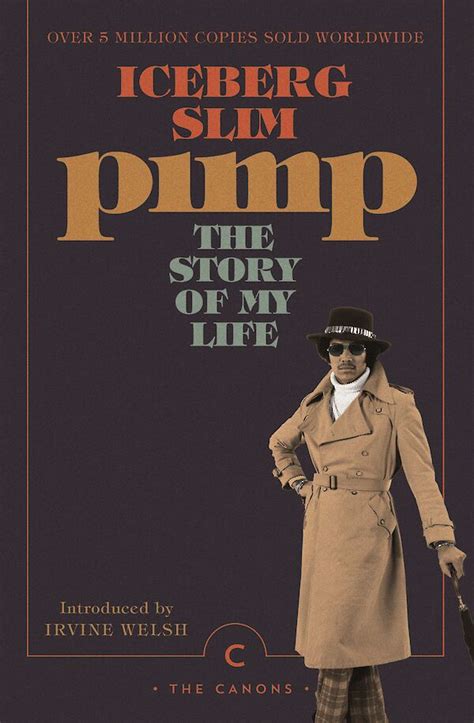A Quote by Jack Bruce
I've always been interested in any kind of great music, and African music is, I think, the source of it all.
Quote Topics
Related Quotes
I did not like that name "world music" in the beginning. I think that African music must get more respect than to be put in a ghetto like that. We have something to give to others. When you look to how African music is built, when you understand this kind of music, you can understand that a lot of all this modern music that you are hearing in the world has similarities to African music. It's like the origin of a lot of kinds of music.
As far as being an African artist, my inspiration has been the fact that I'm a part of the generation that will put Nigerian African music on a global scale. It's been a long road for us, but I believe we're finally at that point where we can showcase our music to the world and get international recognition.
